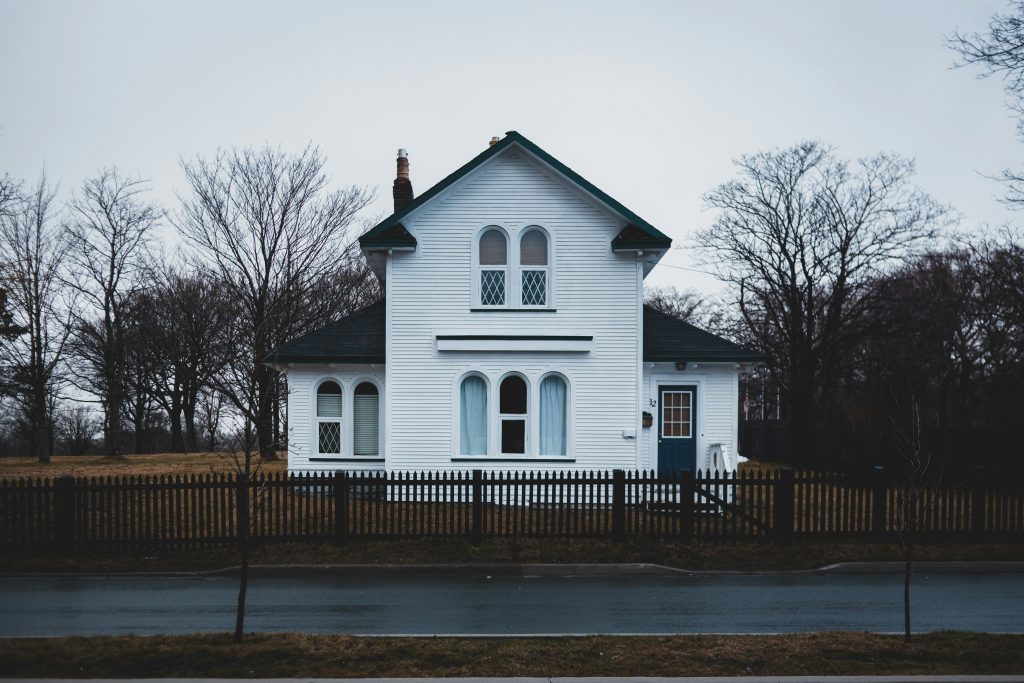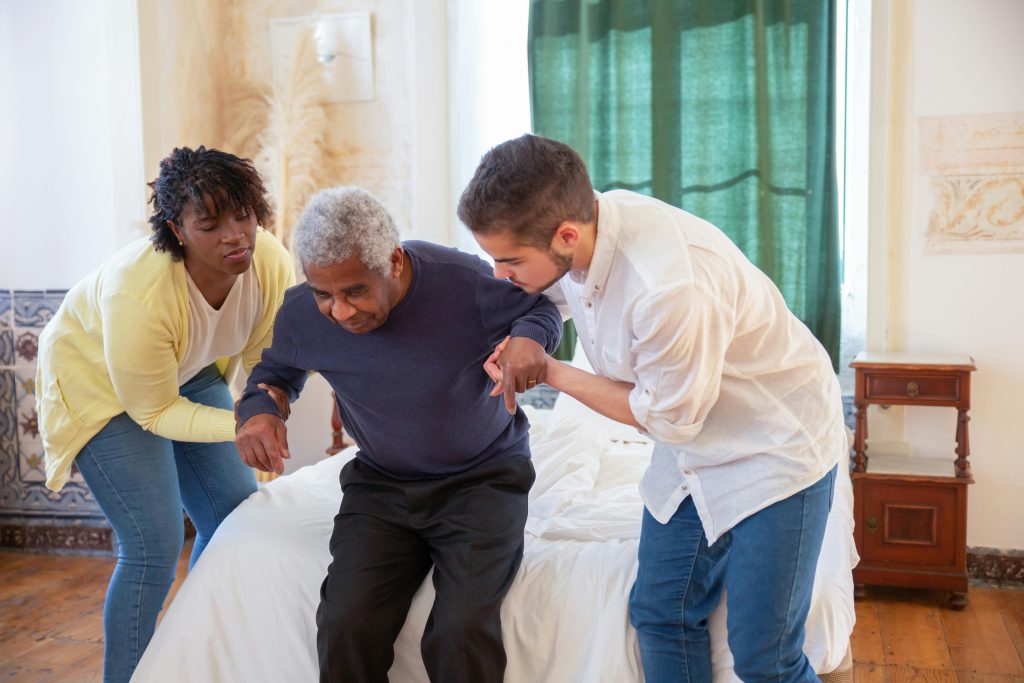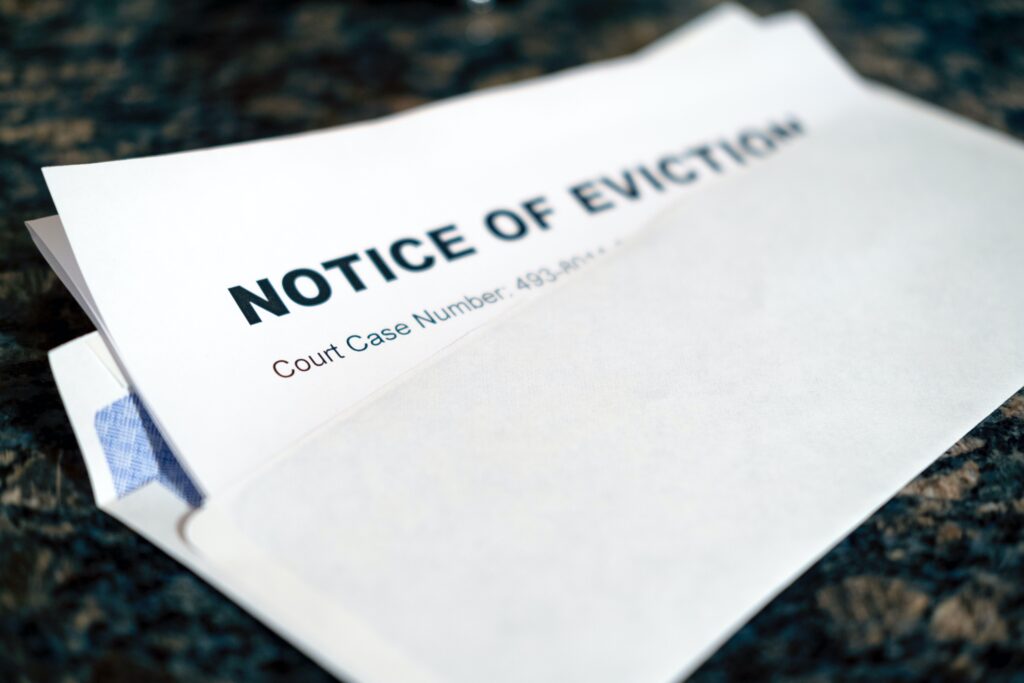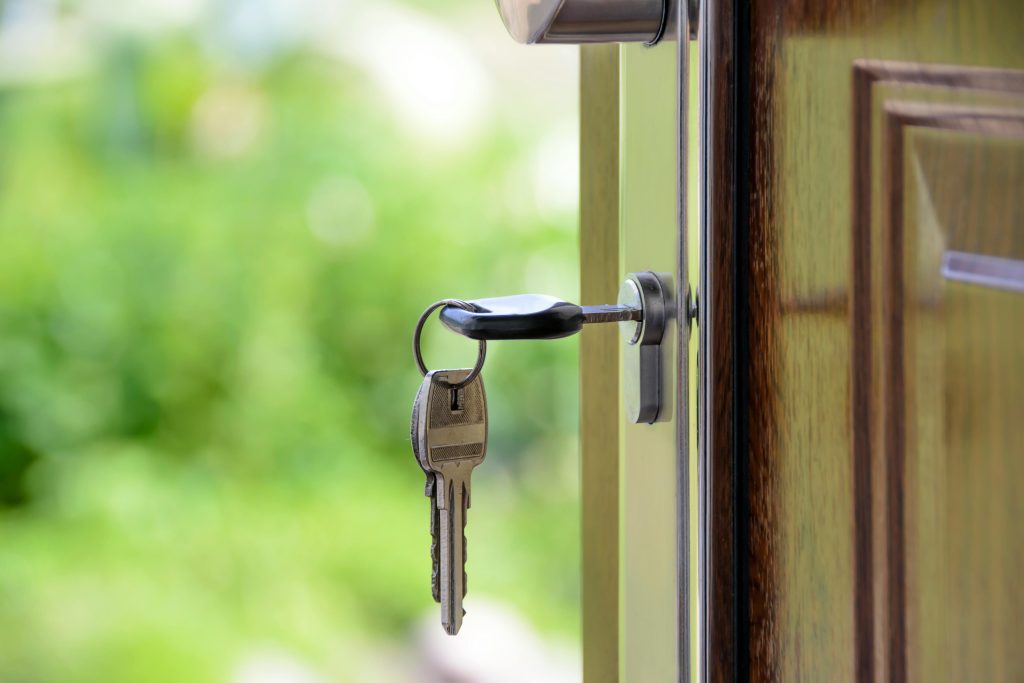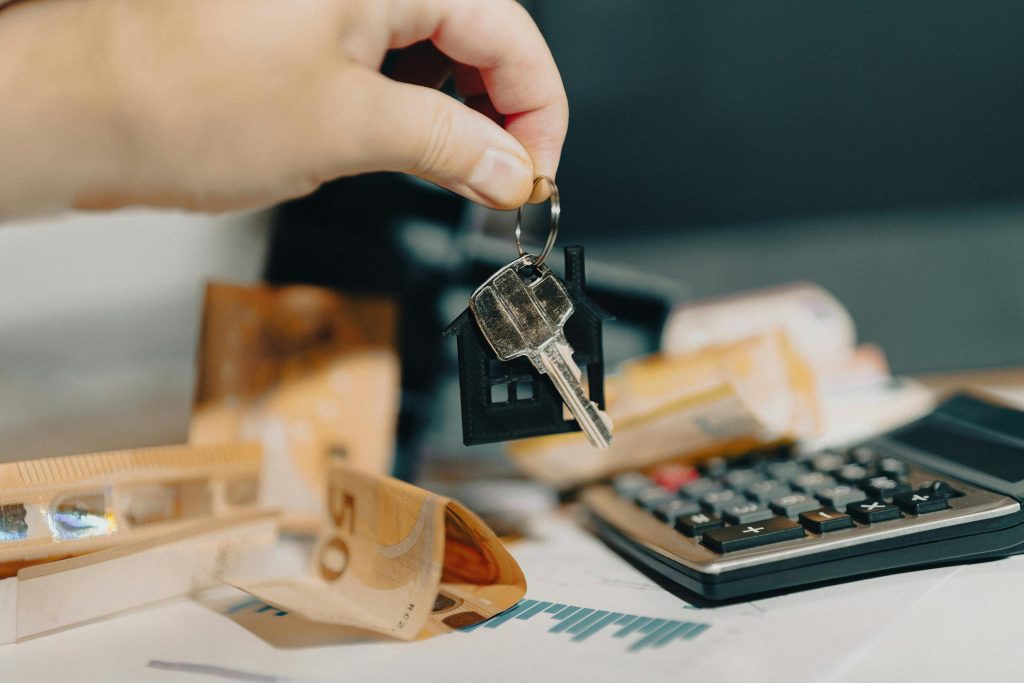Losing a spouse is a difficult time, made even more stressful when you’re unsure about your rights to the family home. If you’re not named on the property deed, you might be wondering what happens next.
Let’s look at your options and rights in this situation.
Understanding property ownership and inheritance in the UK
In the UK, there are three main ways to own property: sole ownership, joint tenancy and tenancy in common. According to GOV.UK guidance on joint property ownership, the type of ownership you have affects what happens to the property when one owner dies.
Sole ownership
Sole ownership is the most straightforward out of all the options. One person owns the entire property. If your spouse was the sole owner and you’re not on the deed, you don’t automatically inherit the property. The property is distributed in accordance with the Will of the deceased. If this scenario applies to you, you must check your spouse’s Will to find out if you inherit the property.
Joint tenancy
Joint tenancy is extremely common for married couples who own a home together. According to the HM Land Registry blog, if one owner dies, the property passes automatically to the other, regardless of what’s in the will. This is known as the “right of survivorship”. If this applies to you, your name will appear on the deed.
Tenancy in common
Tenancy in common is a little bit more complicated. As explained in HMRC’s guidance on joint property types, each owner has a distinct share in the property. These shares don’t automatically pass to the other owner upon death. Instead, they form part of the deceased’s estate, and are distributed according to the Will. If you as the spouse have shares, your name will also appear on the deed. It’s also possible that your spouse may be a co-owner with someone else such as an ex-wife. Check the deed to confirm.
Intestacy laws: what happens if there’s no Will?
If your spouse died without a will, intestacy laws kick in. These laws set out who inherits what when someone dies without leaving instructions. You can use the GOV.UK intestacy checker to work out who is entitled to inherit.
According to Citizens Advice, in England and Wales, if you were married or in a civil partnership and there are no children, you inherit everything. If there are children, you get the first £322,000 of the estate plus half of what’s left. The children get the other half. [CORRECTED: Previously stated £270,000 – the threshold was increased to £322,000 for deaths on or after 26 July 2023]
In Scotland, the rules are different. According to The Gazette’s guide to Scottish intestacy, you’re entitled to “prior rights” which include the house (up to a value of £473,000), household contents (up to £29,000), and a cash sum of £50,000 if there are children or £89,000 if there are no children. The remainder is split between you and any children according to “legal rights” provisions.
Northern Ireland’s intestacy laws are similar to England and Wales, but with different thresholds. According to NI Direct, if the estate is worth £250,000 or less, everything goes to the spouse. If the estate is worth more than £250,000, the spouse gets £250,000 plus half the remainder if there are children. Otherwise, inheritance follows a set order of relatives.
What happens if my spouse and I had a joint Will?
Joint Wills are less common these days, but if you have or had one, it’s important to understand how it works.
What is a joint will?
A joint will is a single document that covers both spouses. It typically states that when the first spouse dies, everything goes to the survivor. When the second spouse dies, the estate is then distributed according to the will’s terms.
The catch? Once the first spouse dies, the surviving spouse can’t change the will. This can cause problems if circumstances change—for example, if you remarry or have grandchildren you want to include.
How to claim property when you’re not on the deed
If you’re not on the deed and your spouse was the sole owner, you’ll need to go through probate, a legal process of administering someone’s estate after they die. According to GOV.UK’s probate guidance, you’ll usually get the grant of probate or letters of administration within 12 weeks of submitting your application, though the overall process of administering the estate can take six to 12 months.
- Apply for probate: You’ll need to get a grant of representation from the probate registry. You can apply for probate online or by post.
- Value the estate: This includes getting a professional valuation of the property.
- Pay any inheritance tax due: This might be from the estate or you might need to arrange a loan.
- Distribute the assets: If you’re entitled to the property under the will or intestacy laws, it can be transferred to you.
What happens to jointly owned property?
If you owned the property as joint tenants, it automatically passes to you as the surviving spouse under the right of survivorship. You’ll need to inform the Land Registry, but it’s a straightforward process.
If you were tenants in common, your spouse’s share becomes part of their estate. You’ll need to go through probate to inherit the shares, or whatever portion of the shares is applicable to you, unless the Will leaves it to you in full.
Managing property with a mortgage after a spouse’s death
If there’s a mortgage on the property, you’ll need to keep up the payments. Most lenders will work with you during this difficult time, but they might ask for the mortgage to be paid off if you can’t keep up with payments.
If the mortgage was in your spouse’s name only, the lender might require the property to be sold to clear the debt. If, however, there was a life insurance policy linked to the mortgage, this might pay off the remaining balance.
How to sell the house quickly to pay the mortgage?
If you need to sell quickly to clear the mortgage, Property Rescue can help. We offer a fast, cash sale which can be completed in as little as 48 hours in some scenarios. If you’re struggling with mortgage payments or just want a clean break, selling the property quickly can be beneficial.
A quick sale can also help avoid additional interest charges on the mortgage and reduce the stress of managing a property during an already difficult time. Get a free, no-obligation quote to see how much we can buy your home for.
Inheritance tax and financial liabilities
Inheritance tax might be due on your spouse’s estate if it’s worth more than £325,000 (the “nil-rate band”). According to GOV.UK’s inheritance tax thresholds guidance, this threshold is frozen at £325,000 until at least 2030. There’s an additional £175,000 “residence nil-rate band” available when passing a home to direct descendants.
However, there’s no inheritance tax to pay on assets passing between spouses or civil partners—this is known as the spouse exemption.
Be aware that any debts your spouse had will need to be paid from their estate before assets are distributed. This includes things like credit card debts and personal loans.
Resolving disputes with other heirs or family members
Sometimes, other family members might challenge the inheritance. This is more common in blended families, where there might be children from previous relationships.
If there’s a dispute, try to resolve it through discussion first. If that doesn’t work, mediation can be a good next step. And as a last resort, you might need to go to court, but this can be expensive and time-consuming.
What if the deceased had other assets?
Your spouse might have had other assets like pensions, savings accounts or valuable personal property. How these are treated depends on whether there’s a will and what type of asset it is.
Pensions often have a nominated beneficiary and aren’t part of the estate. Bank accounts and investments usually form part of the estate and are distributed according to the will or intestacy rules. Personal property, like jewellery or furniture, is part of the estate unless it was jointly owned.
What happens if we were not legally married?
If you weren’t married or in a civil partnership, your rights are much more limited. You don’t automatically inherit anything under intestacy rules.
If you lived together but weren’t married, you might be able to make a claim under the Inheritance (Provision for Family and Dependants) Act 1975. This allows you to apply to the court for reasonable financial provision from your partner’s estate. To qualify as a cohabitant under this Act, you must have been living with your partner “as husband and wife” (or civil partners) for at least two years immediately before their death. See HMRC’s guidance on the 1975 Act for more details.
These claims, however, can be complex and costly, so it’s best to get legal advice before proceeding.
Summary: Are you entitled to a dead spouse’s property?
Your rights to your spouse’s property depend on several factors: how the property was owned, whether there was a will and your marital status. If you’re unsure about your position, it’s always best to seek professional legal advice. They can guide you through the process and help confirm you receive what you’re entitled to during this difficult time.
Sources and Further Reading
Government and Official Sources:
- GOV.UK: Who inherits if there’s no will
- GOV.UK: Joint property ownership
- GOV.UK: Applying for probate
- GOV.UK: Inheritance tax thresholds
- Citizens Advice: Intestacy rules
- NI Direct: What to do if there’s no will (Northern Ireland)
- The Gazette: Scottish intestacy rules
- HM Land Registry: Joint ownership explained
- Legislation.gov.uk: Inheritance (Provision for Family and Dependants) Act 1975

